Leverage Turing Intelligence capabilities to integrate AI into your operations, enhance automation, and optimize cloud migration for scalable impact.
Advance foundation model research and improve LLM reasoning, coding, and multimodal capabilities with Turing AGI Advancement.
Access a global network of elite AI professionals through Turing Jobs—vetted experts ready to accelerate your AI initiatives.
Remote software jobs 2024: Knowledge base, valuable tips, and more.
Apply for lucrative remote software jobs at renowned U.S. companies. Work from the comfort of home and earn handsomely in U.S. Dollars. Enhance vital tech skills with expert-written articles on our dedicated Knowledge Base hub.
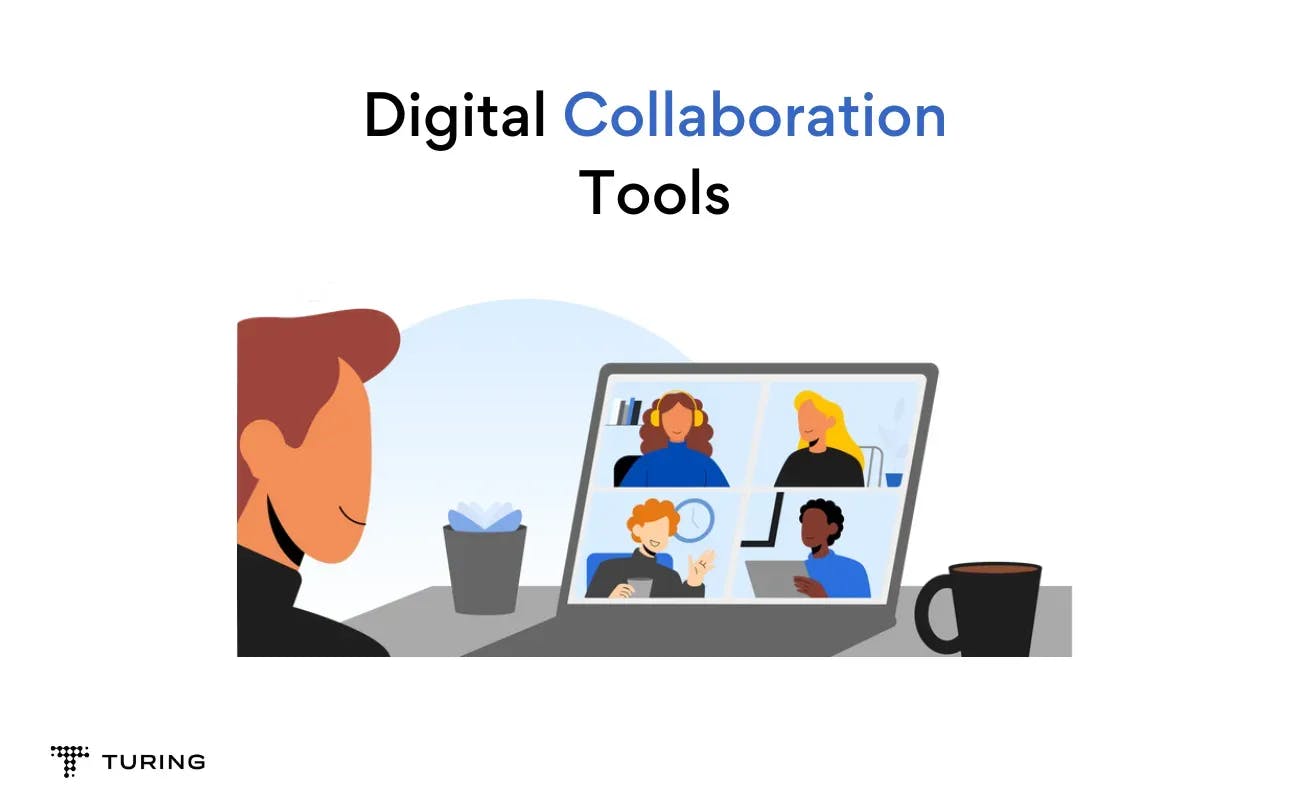
Decoding Digital Collaboration: The Tools Dominating 2025
Since the advent of the internet, the way we work and collaborate has undergone a massive shift...
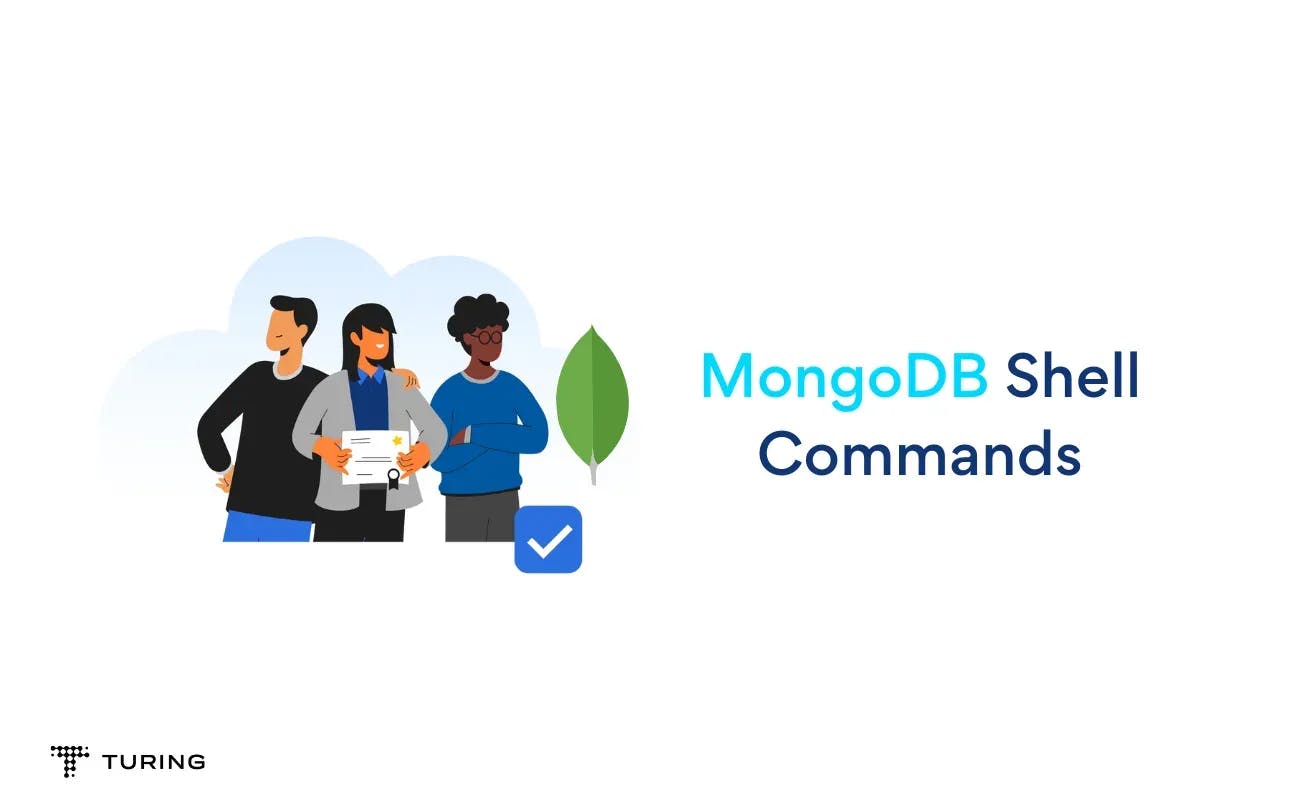
Getting Started With MongoDB Shell & Basic Commands
The MongoDB local shell offers the capability to establish connections to both local and remote...

Project Management for Remote Teams: Strategies for Success
The COVID-19 pandemic accelerated the widespread adoption of remote work and showcased...
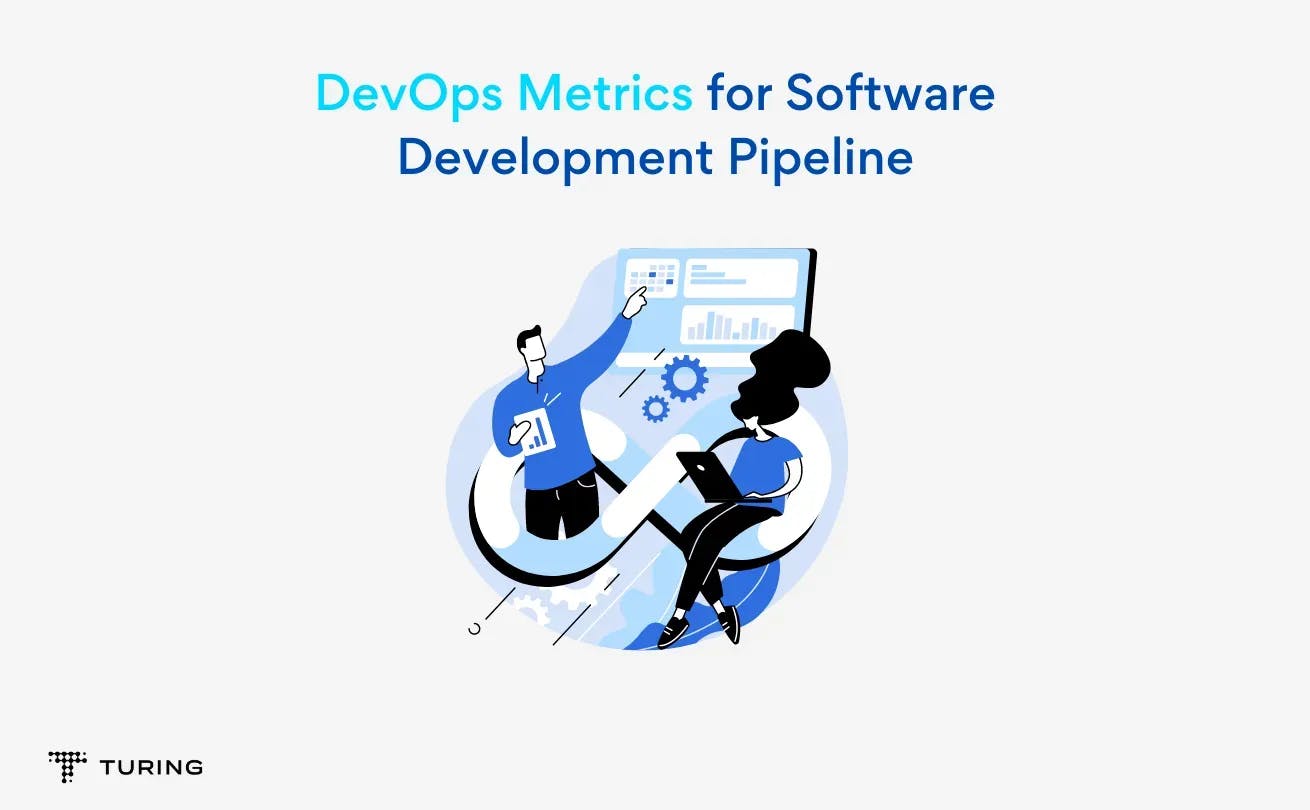
DevOps Metrics: Measuring the Success of Your DevOps Implementation
DevOps is one of the best approaches for streamlining the software development process...
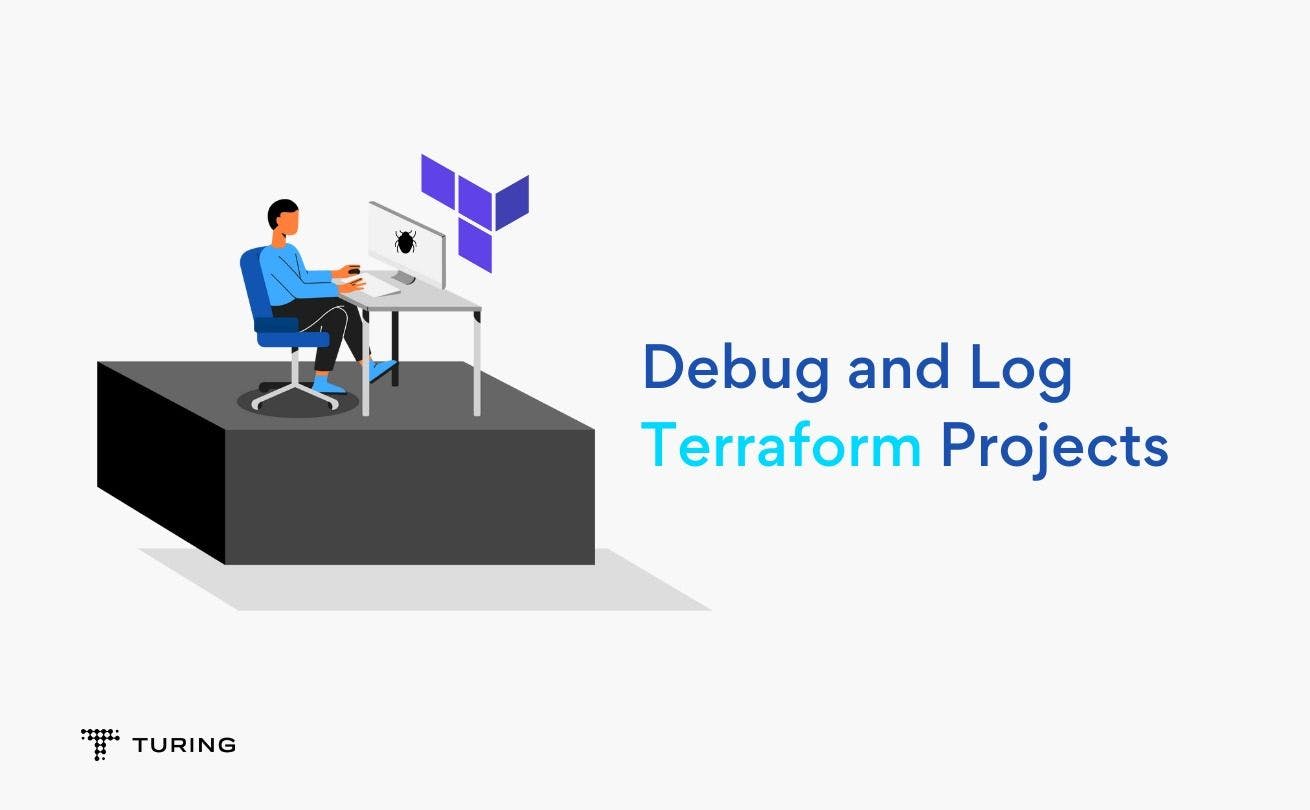
Debugging and Logging in Terraform Projects
Terraform is an infrastructure as code (IaC) tool that allows you to define, manage, and provision...
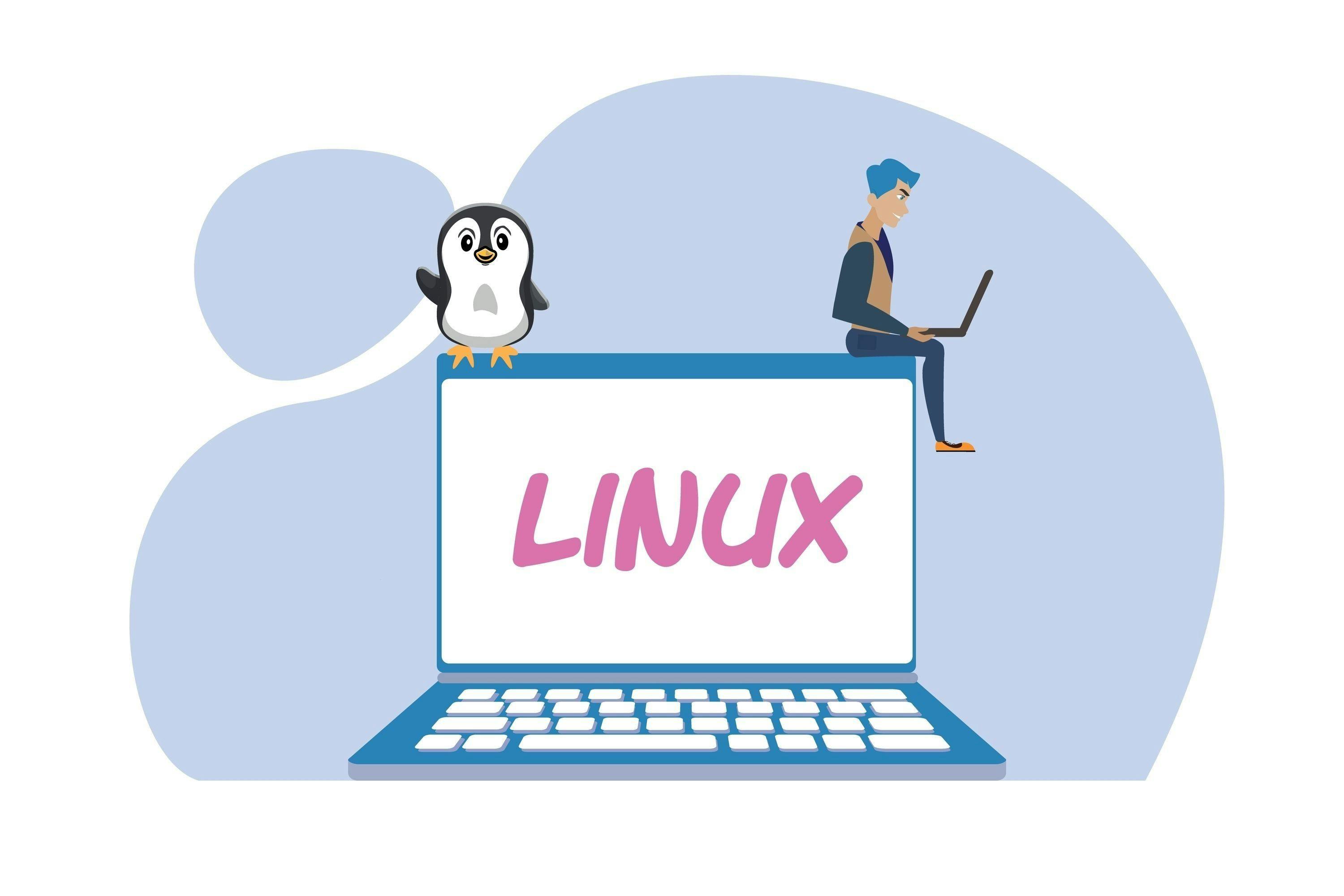
Using the Linux Free Command With Examples
Regular memory checks are crucial to maintaining the performance of your Linux system.

Ways to Implement Redirects in Next.js
Redirects are essential in web development because they allow us to seamlessly route...

How to Build Web Apps With Next.js: A Step-By-Step Next.js Tutorial
Next.js is a full-stack web framework built on top of React and extends it with features...